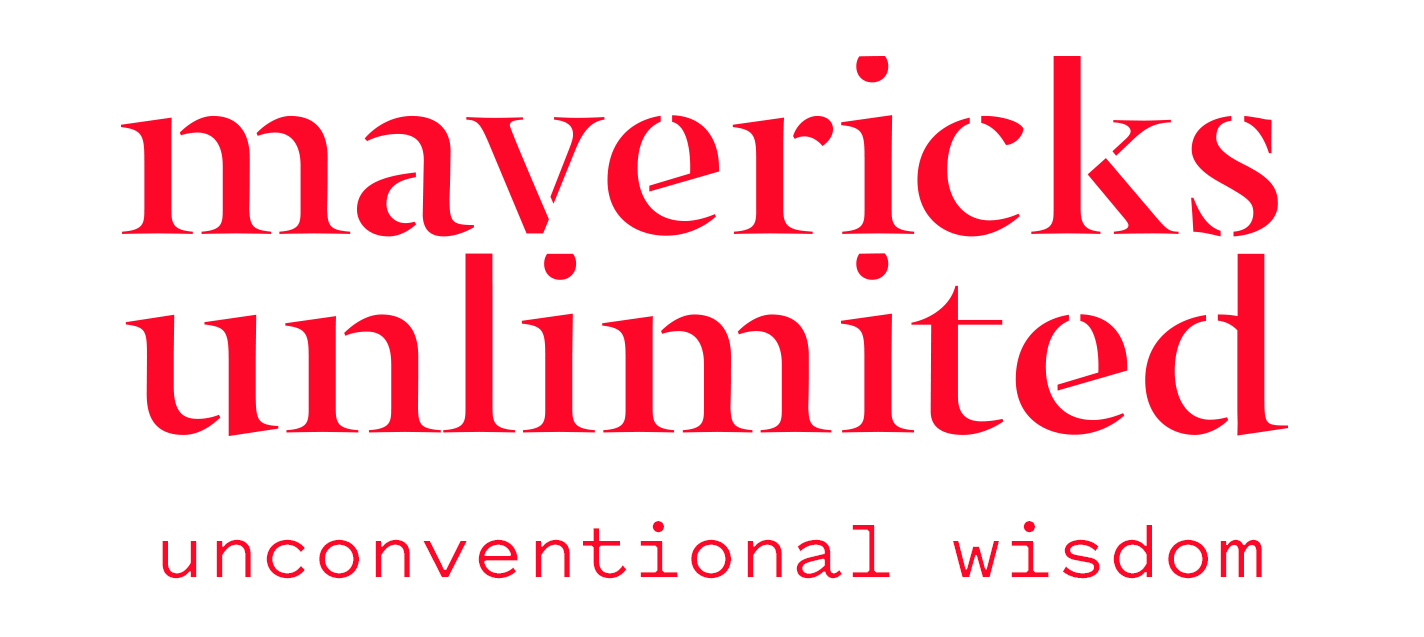7 Top Tips for Establishing Your Credibility
There are times in our lives when we need to show new people we meet what we’re all about.
According to some (including Malcolm Gladwell in his book, Blink), people begin assessing us within seconds of meeting and this leads to them making rapid decisions about whether they want to meaningfully interact with us.
Beyond these early interactions though, what can we do ourselves to take control of how we are perceived and valued?
In today’s post, I’ve put together my list of top tips for establishing your credibility in any situation with new people.
Why is it important anyway?
Look, we’ve all been there – new jobs, new schools, new clients, new teams, new partners, new parents of new partners…at various points in our lives, we need to let people know that we’re the real deal.
Beyond being liked (of course, we all want that!), we’re looking for something more.
We want to be trusted, respected & valued. We want people to know that we are experts at what we do, that we’re effective decision makers and that we’re good to have around.
The compound effect of these perceptions is that they are oxygen for our self-confidence.
They also help in part to tame the ‘inner critic’ that can sometimes get a bit noisy in our new situations.
So, establishing credibility leads to feeling better and stronger about our new situations, which hopefully leads to many more positive outcomes.
OK, let’s get started below with my 7 Top Tips!
#1: Be Authentic
Bring the real you. Nobody wants a fakey.
It’s understandable that you might want to project certain qualities, but if that results in you coming across as inauthentic and lacking integrity, that’s going to be hard to shake off down the line.
The easiest thing to do is just be yourself – it takes far less brainpower than putting a character face on!
#2: Be Honest
There’s no harm in letting people know your views. They will come to respect you for it. Be truthful and deliver it in a candid, sincere & constructive way.
If you believe in something strongly, pipe up and say your piece. If it needs some background support or evidence, don’t forget to do your homework.
#3: Don’t Bulls*@t your way out!
Be proud of what you know and be unapologetic about sharing it. If you are a subject matter expert, use it to enhance the situation around you.
On the flipside, it’s ok not to know everything too, but don’t get caught in fibs and lies if you don’t know something. It’s awkward for everyone all around if it comes out.
If there is a gap in your knowledge, be honest and make it your mission to close the gap.
#4: Be Consistent
You should be the same person – no matter who you’re talking to. Whether you’re saying hello to an intern or the CEO, be the same you for everyone.
Sometimes it can seem easier to say different things to different people to avoid conflict. If this results in you tripping up in a web of too many stories, its time to rethink your tactics!
Even if being consistent will cause some conversations to be tricky, you have to do it. Providing context will usually make things easier.
#5: Build Trust
You can’t demand respect, you have to earn it. And it goes the same for trust. Give people reasons to want to trust you.
You can start by doing all the 7 things on this list :-), but go the extra mile. Be loyal, be sincere, have their backs and always be helpful when you can.
#6: Make Time To Listen
People like to be heard. One of the best things you can do in a new situation is to show people you care about their opinions and perspectives. Ask open questions, listen intently and if it makes sense, act on what you hear.
If positive change comes as a result of people being heard, you’ll have a powerful reputation.
#7: Do What You Say You’re Going To Do
If you promise something, then you must deliver it. If things change, then communicate early and let people know that the parameters are changing.
Being late/not delivering/going underground are all bad strategies that will lead to people not valuing your word.
If you do anything, under promise and over deliver. Definitely, don’t do the opposite.

